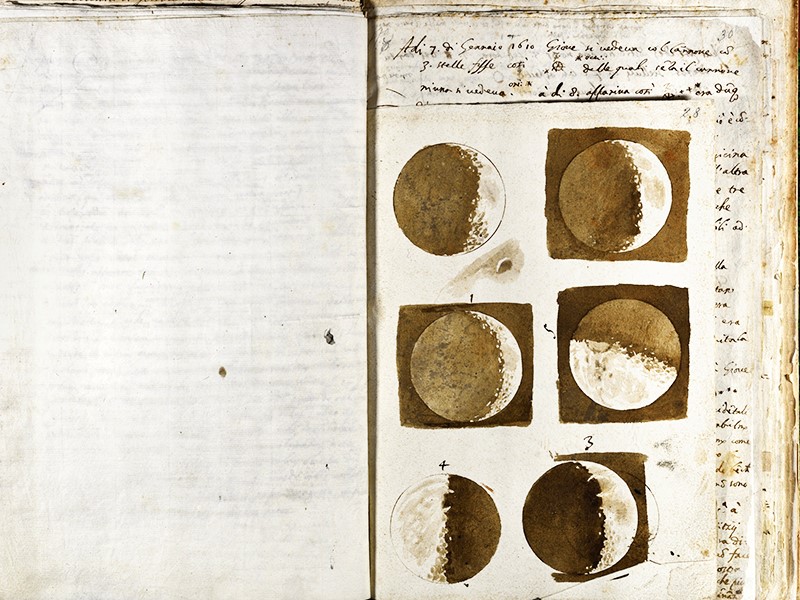Professor Paul Gwynne recently participated in a 5-day seminar organized by the Medici Archive Project and the International Studies Institute in Florence. Over the course of the five days of the seminar, entitled Archives and Book Culture in Early Modern Florence, a group of postgraduate students studied a selection of manuscripts at two stunning libraries in Florence: the Biblioteca Riccardiana and the Biblioteca Nazionale Centrale.
Professor Gwynne recounts:
These works ranged from Ugolino Verino's autograph of his epic Carlias to the magnificent presentation copy of the same poem for King Charles VIII of France; dedication manuscripts of a poem for Pope Leo X and autograph volumes by Ficino, Bruni, and Poliziano. The highlight, however, was a deluxe volume of inscriptions compiled by Fra Giocondo, written by his friend Bartolomeo Sanvito and once owned by Palla Rucellai. Our library visits were supplemented with a practical seminar on compositorial errors encountered in early printed books with special emphasis given to the typographical problems in the First Folio of Shakespeare's works (1623): a special addition to an otherwise packed program which I hope will be repeated in the near future.
The Medici Archive Project was founded in the early 1990s with the mission of innovating new strategies for research in the Humanities. This initially involved the application of technology to archive research in order to modernize the system for managing archival material. The project’s first efforts were in electronically cataloging the Medici Granducal Archival Collection, which contained over four million letters sent between the mid-sixteenth and mid-eighteenth centuries. The letters give a fascinating insight into this period, with everything from politics to science to food discussed in their contents, all invaluable in helping us understand Tuscany and Italy during this time.
Progressions in technology have aided the process of managing archival content enormously. The Medici Archive Project material now comprises over 24,000 transcribed documentary records, 18,000 biographical entries, 87,000 geographical and topographical tags, and over 300,000 digitized images from 292 volumes of the Medici Granducal Archival Collection.



